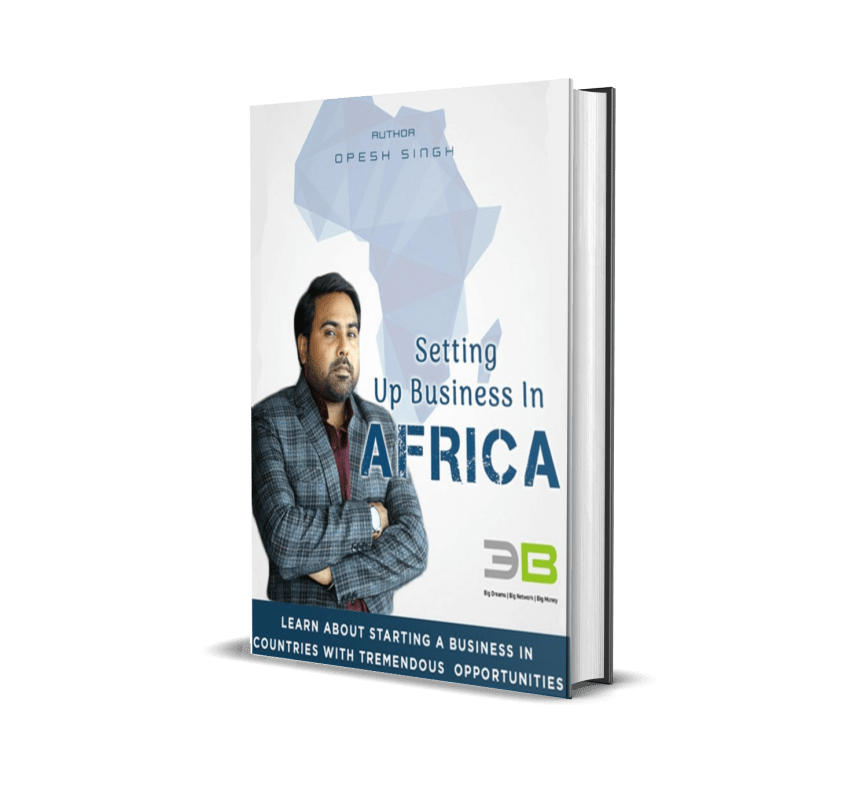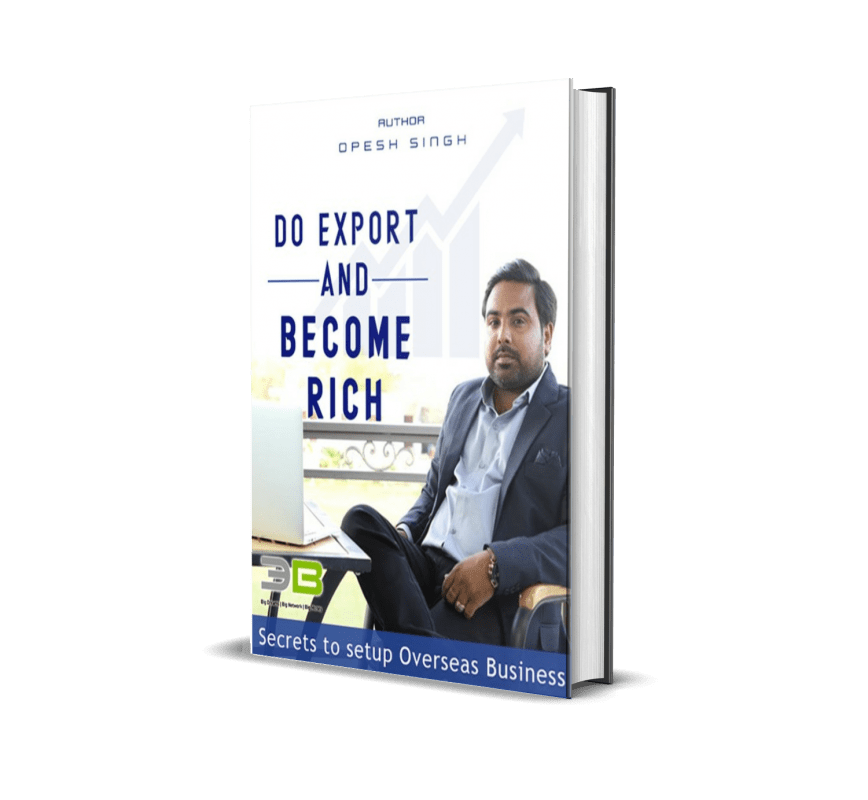CURRENCY
BUSINESS OPPORTUNITIES IN SINGAPORE
SINGAPORE
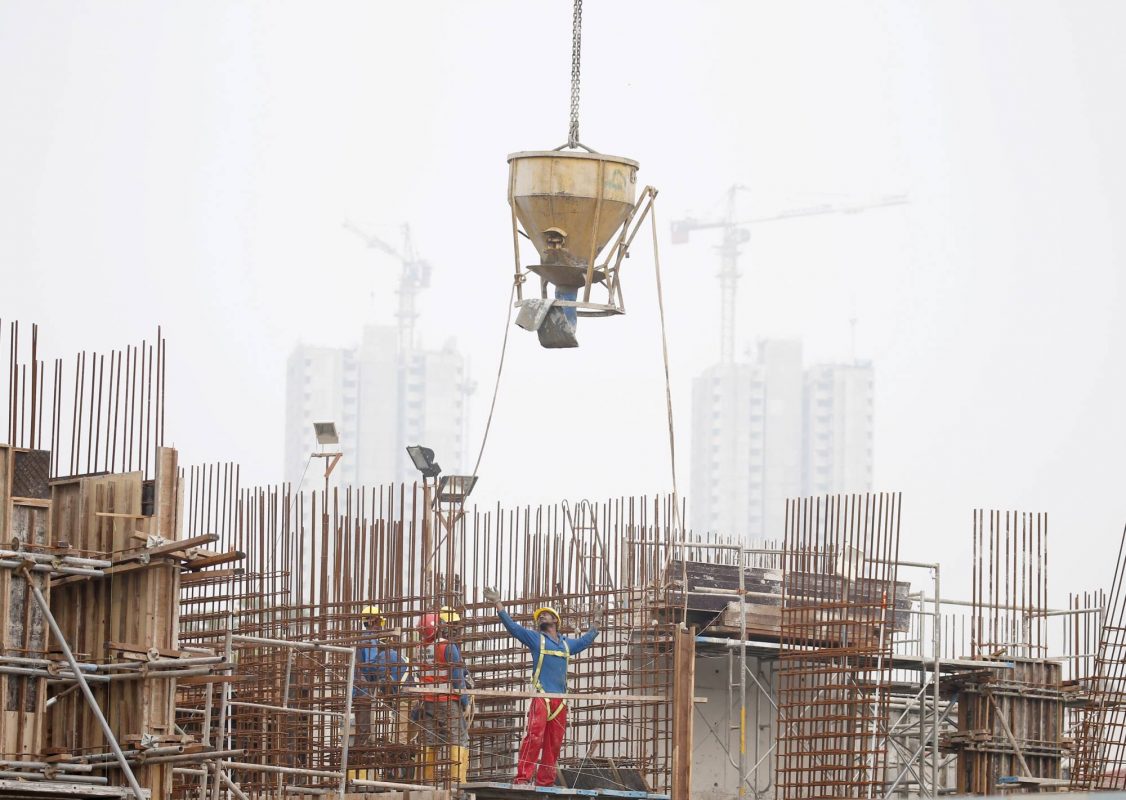

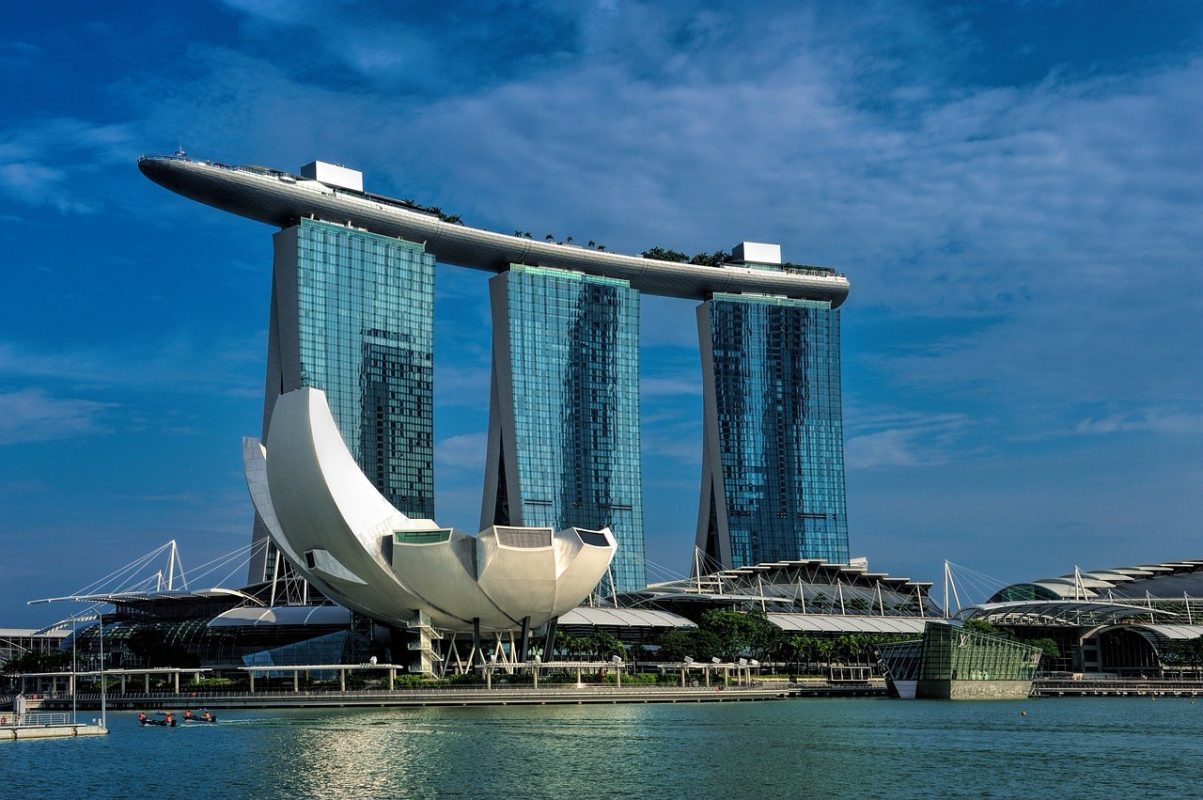
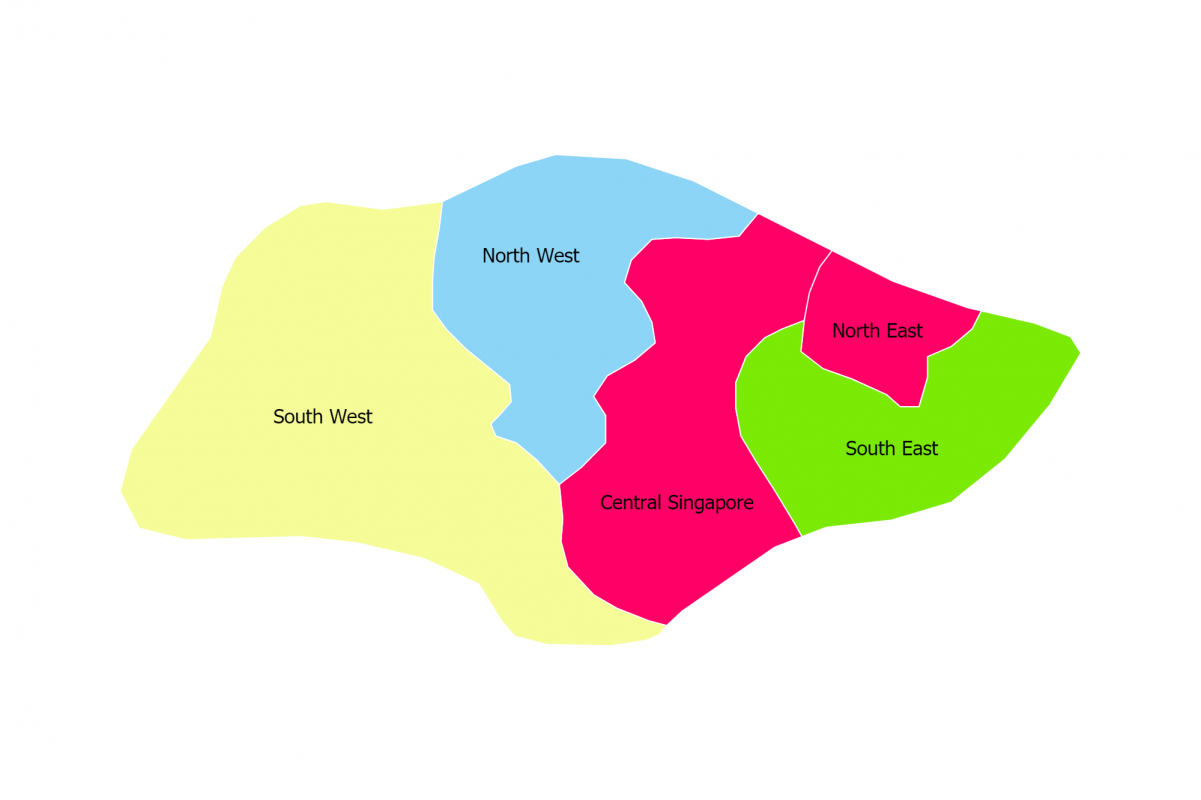
FLAG
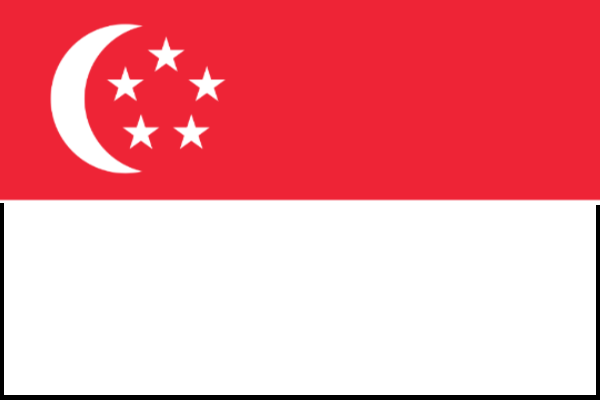
SINGAPORE
CAPITAL CITY
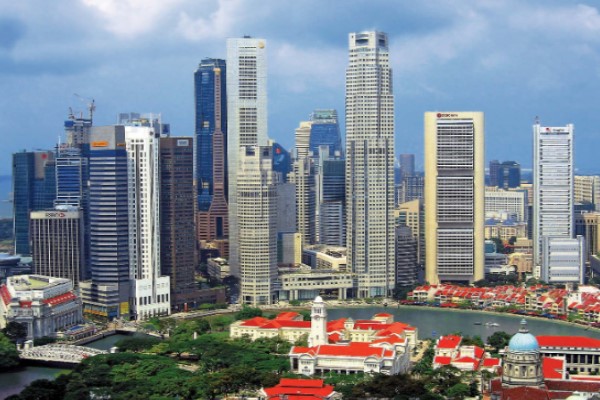
SINGAPORE
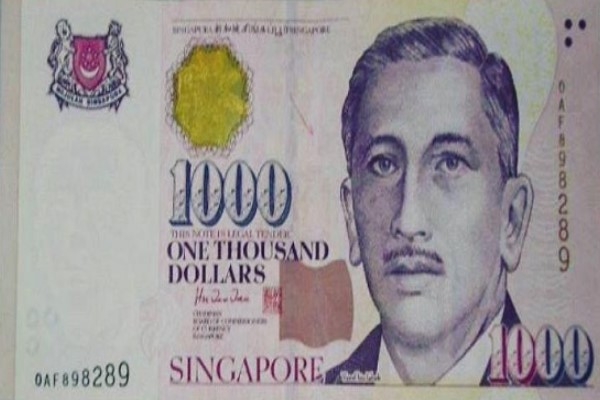
SINGAPORE DOLLAR
Language

Population

59 LAKHS
Country
Calling Code

+65
LOCATION:
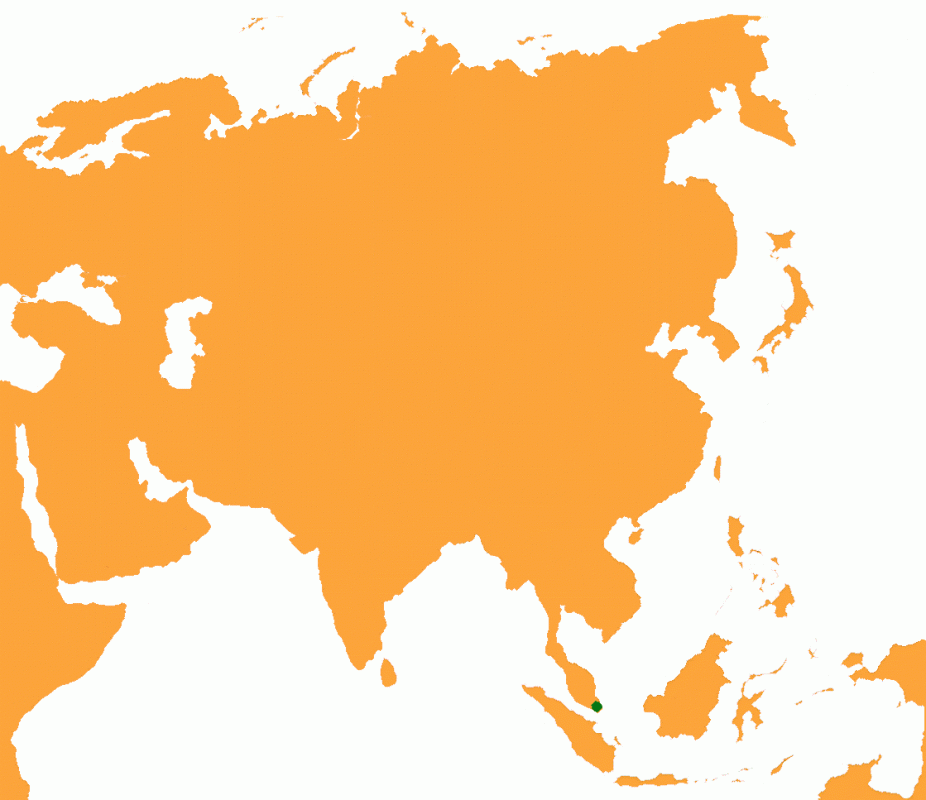
ASIA
BORDER COUNTRIES:
THAILAND
BANGKOK
INDONESIA
PHILIPPINESS
MALAYSIA
THE  MONEY SHOW SEASON 2.0
MONEY SHOW SEASON 2.0
Mining and Infrastructure Business in Algeria
Facebook live 7.00 Pm Today.
Join Millionaire Program and change everything in life and Business..
Call/ WhatsApp +91- 8094607111.
GDP= $372 billion
GDP Growth= 3.60%
Ease of doing business rank= 2
GDP per Capita= $57,700
MOST RECENT VIDEOS
SIGN UP TODAY
Get our exclusive content and offers in your inbox

